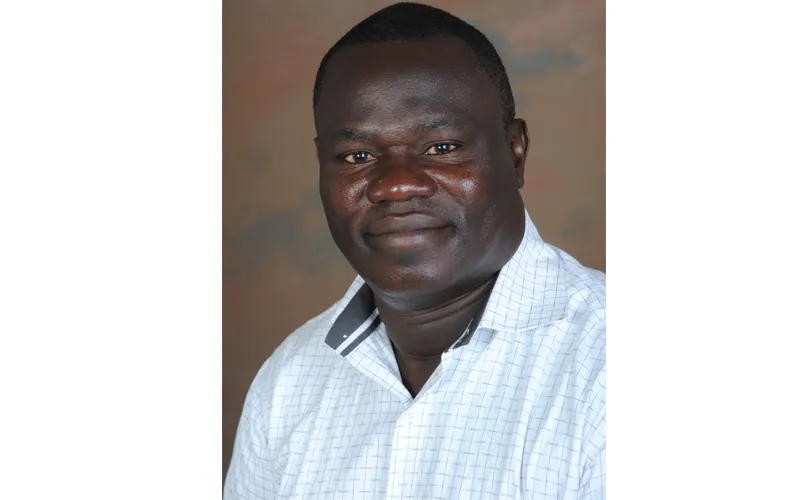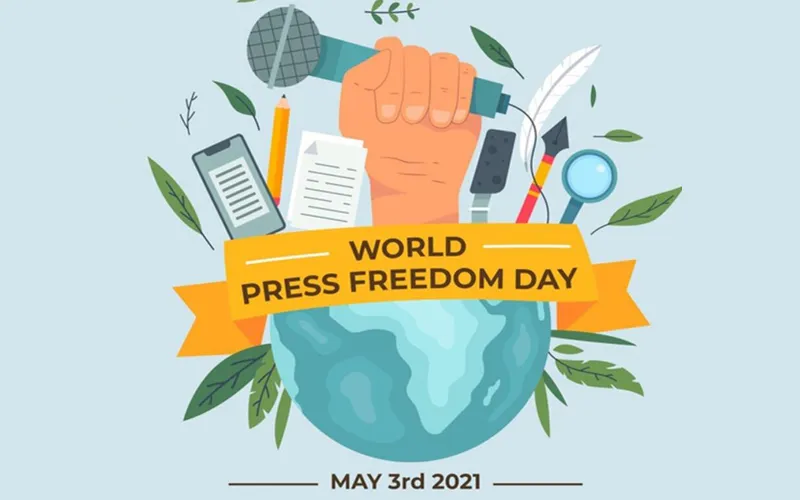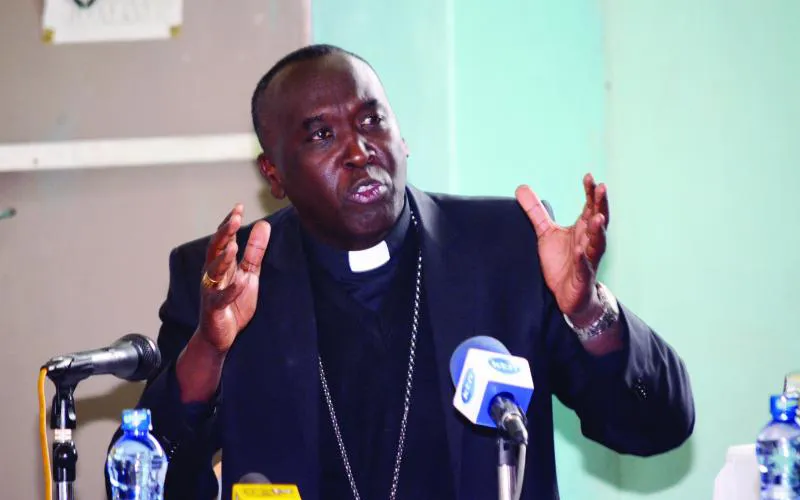He says, “The press and the journalists will play a very critical role of informing people about the politics of the day and also the politicians and what they stand for so that our people can choose the right people to represent them.”
He went on to laud journalists for a “fantastic job” in the coverage of the COVID-19 pandemic.
“If the facts about COVID-19 were not shared to create awareness, then people would perish for the lack of knowledge. You have done very well. You are the reason we are where we are as a nation because things could have really escalated and we’d have lost so many lives,” he said.
On what is expected of journalists as the country gears towards the general elections, the Bishop says, “You journalists, do your part. Report the facts as they are. Don’t be intimidated by anybody and don’t be bought by politicians because they sometimes use money so that they can have a story that favors them.”
He cautioned members of the press against accepting to be bribed by politicians to alter the truth, saying that in so doing, they will be betraying the ideals of the country.
(Story continues below)
“You as journalists are the ones to come up with facts and so what you say is what ends up shaping the public opinion,” Bishop Kimengich said, and added, “Report facts. Tell people what is happening. This time round, we want to elect very good leaders for our country.”
“We want to elect leaders who will develop this country; leaders who are ready to lead the people and not those who just go to leadership for their own selfish interests. I pray that you remain firm and strong for the good of our country,” the Bishop of Eldoret Diocese who doubles as the Apostolic Administrator of Kenya’s Lodwar Diocese says in his May 3 Facebook message.
Meanwhile, the leadership of the Executive Council of Union of the Catholic African Press (UCAP) has called for the protection of the freedom of the press across Africa.
“As we observe this important day in the lives of journalists across the world, I call upon each and every one of you to stand up and protect press freedom in your respective countries,” UCAP President, George Sunguh says in a statement shared with ACI Africa on May 3.

Mr. Sunguh observes that many countries have made significant gains in achieving Press Freedom since the UNESCO conference held in Windhoek, Namibia where the World Press Freedom Day was founded in 1991.
“It however, disheartening to note that some governments and undesirable elements, especially in the so called third world countries, are busy clawing back the gains made so far,” the Kenya-based UCAP President laments, and adds, “Others have totally refused to respect Press Freedom within their respective jurisdictions.”
He expresses regret that as the world observes the Press Freedom Day, reports still come up about journalists being killed in their line of their duty. Other journalists, he says, are being imprisoned, beaten up and harassed in all manner by those in authority.
The authorities, Mr. Sunguh explains, oppress the journalists “in full disregard to the important role journalists play in their lives.”
Quoting Pope Francis’ message,” the UCAP President says, “Freedom of the Press and of expression is an important indicator of the state of a country’s health.”
He hails the Ugandan authorities, which he says jailed seven soldiers who were found guilty after beating up journalists covering the Presidential elections.
“We encourage other governments to take appropriate measures against their wayward forces and even members of the public behaving in any manner likely to breach Freedom of the Press,” he says.
The part of the journalists, Sunguh says, is to promote truthful reporting and peace journalism “as encouraged by the Holy See.”
“Remember journalism is not a job, but a mission,” the UCAP official says in his message to journalists across the African continent.
Agnes Aineah is a Kenyan journalist with a background in digital and newspaper reporting. She holds a Master of Arts in Digital Journalism from the Aga Khan University, Graduate School of Media and Communications and a Bachelor's Degree in Linguistics, Media and Communications from Kenya's Moi University. Agnes currently serves as a journalist for ACI Africa.










